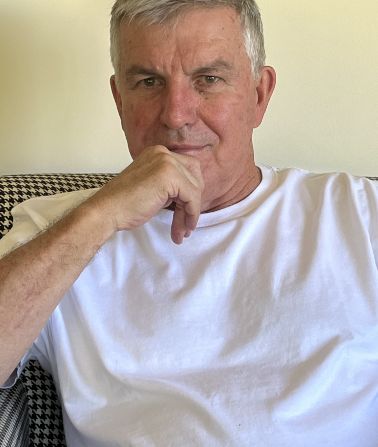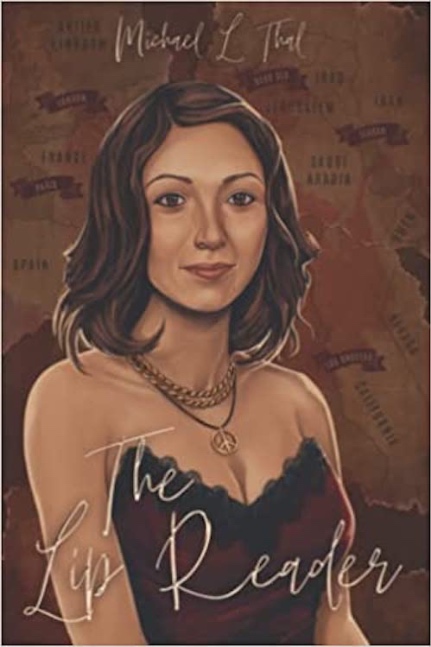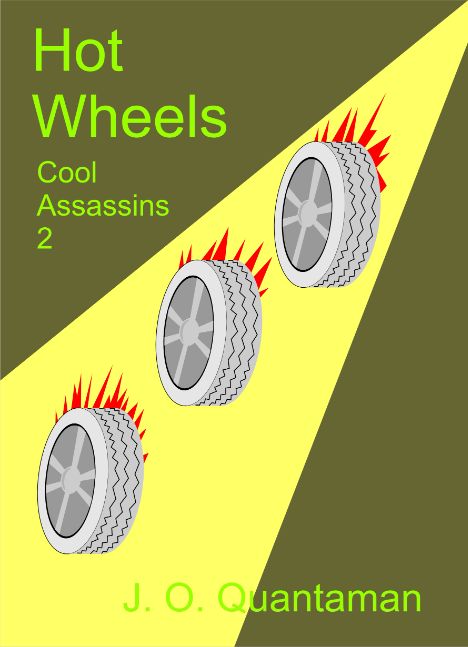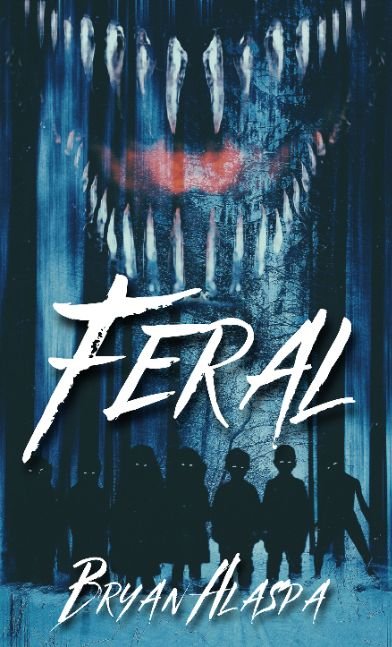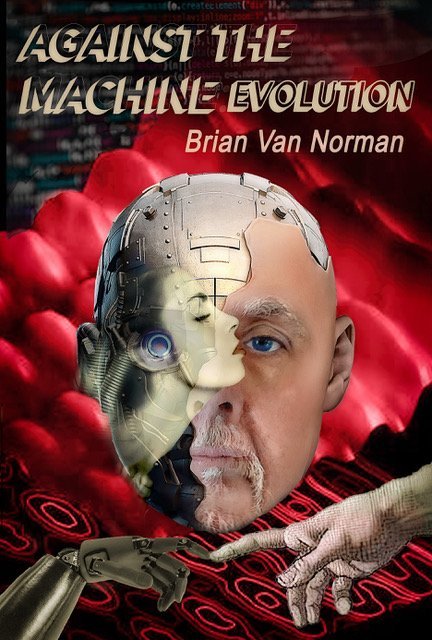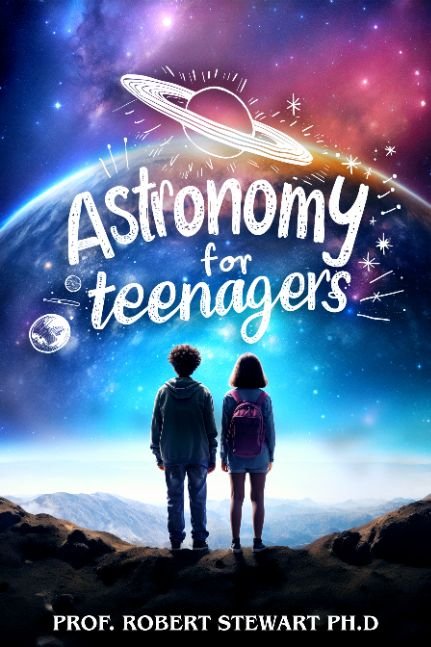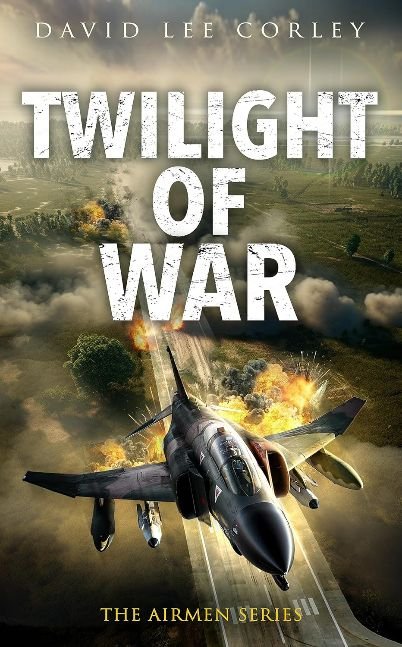- Home
- Book Trailer
- The Interview - Michael Chalk
The Interview - Michael Chalk
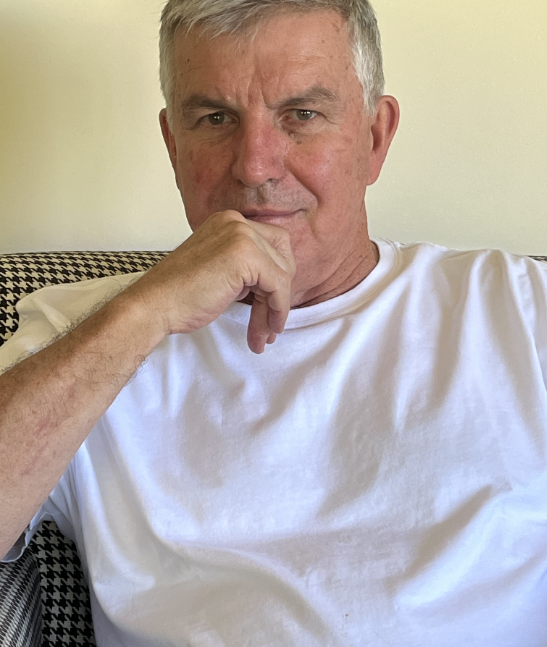 https://www.authormichaelchalk.com/
https://www.authormichaelchalk.com/
Which character do you enjoy writing the most as a writer and why? If choosing a favorite character is like choosing a favorite child, which character do you find requires the most attention and detail from you as a writer?
The character I most enjoyed writing was Neville Kershaw — the somewhat shonky lawyer who becomes embroiled in the case surrounding Zachary’s birth. There was something fascinating about exploring how a mix of bad luck and poor judgement could cause a once-promising legal career to unravel. What made Neville compelling for me was the chance to chart his journey — from a man on the professional and moral brink, to someone who, prompted by real events, takes a long hard look at himself and sets out to reinvent his life.
Writing Neville allowed me to delve into themes of redemption, regret, and resilience. He’s flawed, yes — but also deeply human. That complexity made him a joy to bring to life.
Tell us what you enjoy most about writing [genre].
My first two novels were works of historical fiction set during the turbulent final years of colonial Rhodesia and the birth of independent Zimbabwe. I particularly enjoyed exploring the complex history of southern Africa — the rise of black nationalism, the deeply entrenched attitudes of the white minority regime, and the intense political and social upheavals of that era. It was both fascinating and sobering to examine how the early hopes of independence in many countries across the region were soon dashed by the rise of corrupt authoritarian leaders — and how ordinary people, especially the most vulnerable, bore the brunt of these failures.
Zachary’s Cry, though set in contemporary South Australia, marks a significant departure from those early works. Yet in many ways it continues the themes I find most compelling as a writer: moral failure, human frailty, and the quiet heroism that can emerge when all else falls apart. While the setting is different, the emotional truths — and the questions about justice and resilience — remain deeply resonant.
Do you identify with your main character or did you create a character that is your opposite?
I strongly identify with Dr Clive Cloete, the central character in Zachary’s Cry. Like Clive, I was educated in Zimbabwe and later migrated to Australia in my mid-thirties — a significant personal and cultural transition that shaped my perspective on identity, belonging, and professional adaptation.
In my working life, I was deeply involved in managing networks of medical practices, including those in rural and regional Australia. I worked extensively on the recruitment and support of overseas-trained doctors, and I came to understand both the challenges and rewards they face when practising medicine in unfamiliar settings — particularly in the bush.
As a trained lawyer, I also had firsthand exposure to medico-legal matters, including how these complex and emotionally charged issues unfold in courtrooms and mediation rooms. These experiences allowed me to shape Clive’s journey with insight and authenticity, and to explore the ethical dilemmas and emotional toll such cases often carry.
Share some advice for aspiring authors. What advice would you give to your younger self?1. What is your favorite line from your book?
If you want to write a book, my advice is simple but firm: be focused, disciplined, and structured. Without those three qualities, your first book may become a long, meandering journey that takes years — and one you may never be inclined to repeat.
Also, remember that writing the book is only half the battle. As a self-published author, finishing the manuscript is a significant achievement — but it’s not the end of the journey. You still need to learn how to publish your book professionally, and then how to market and sell it. These are major undertakings in themselves, but the good news is that there are plenty of excellent self-help tools and communities to guide you.
And finally: be alert to scammers. If someone promises you the world and asks for very little in return, chances are they’re either incompetent or a complete fraud. Trust your instincts and do your homework.
My favourite lines from Zachary's Cry are the concluding paragraphs which read as follows:-
"Two decades have passed. People have grown older. Some have softened. Others have changed course entirely. But of all the truths this story holds, perhaps the most enduring is this:
A child born into silence, struggle, and secrecy became a quiet force for good.
Not by striving, not by ambition — but simply by being who he was. Zachary Lennox taught those around him to love more honestly, to forgive more deeply, and to live more gently.
And in doing so, he gave each of them — in their own way — the courage to begin again."
How long did it take you to write this book?
As Zachary’s Cry is my third novel, the writing process was relatively quick — it took me about four months to complete the first draft, which was significantly shorter than the time it took to write my earlier books.
That shorter timeframe was also helped by the fact that the novel was inspired by true events that I understood intimately. Unlike my first two novels, which required extensive historical research, Zachary’s Cry wasn’t intended to serve as a historical record. This gave me more creative freedom in shaping how the story unfolded and allowed the writing to flow more naturally.
That said, completing the manuscript was only part of the journey. It still took another two months to thoroughly edit the book, prepare it for self-publication, and create the initial set of promotional materials.
